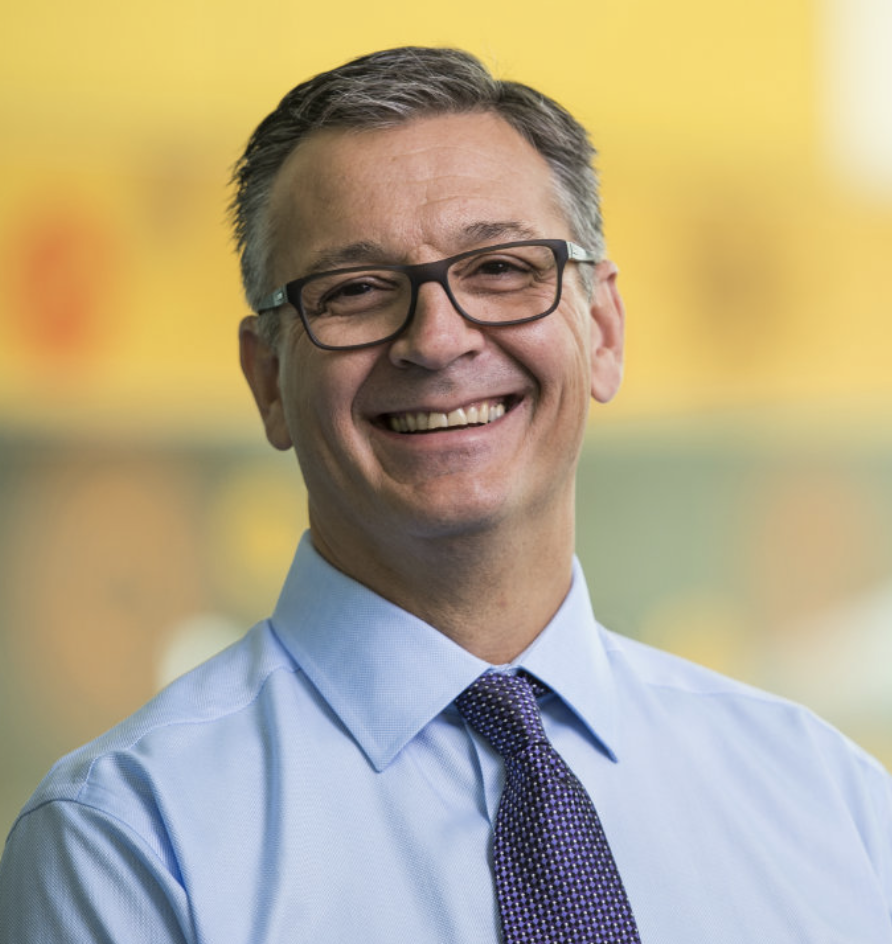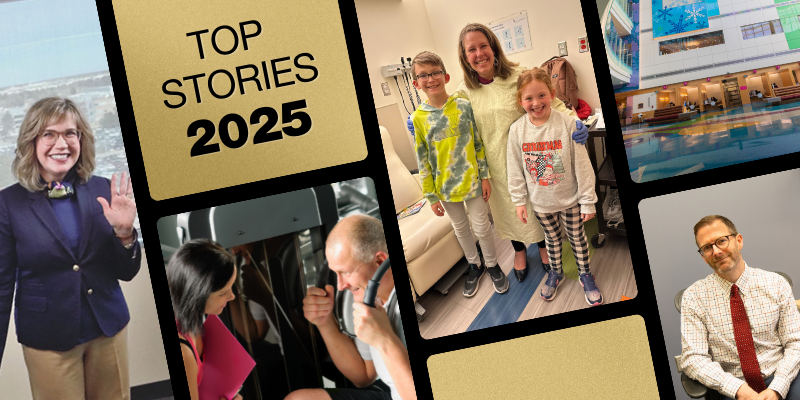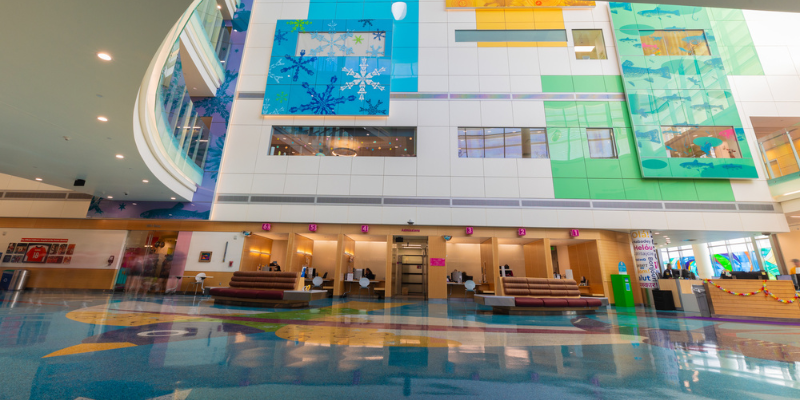Our mission at the CCTSI is to help build research teams of the future, speed the development of new treatments and improve human health. Pediatric oncologist and researcher Dr. Mike Verneris exemplifies this mission through his work with the Consortium for Pediatric Cellular Immunotherapy (CPCI). It’s a mouthful, but the gist of it is a group of five children’s hospitals (and their research institutes like the CCTSI) are working together to share deep and specialized knowledge about developing cellular therapy to treat cancers and other pediatric illnesses.
“For the cell therapy field overall, learning how to replace, edit, modify cells for clinical use is hugely challenging but hugely promising,” says Dr. Verneris, professor of pediatrics in the CU School of Medicine. “We are on a transformative cusp of medicine.”
Earlier this spring, the CPCI launched a website for researchers, clinicians and others who are interested in learning more about cellular therapy and how to develop the infrastructure to be able to provide these innovative therapies.
“The main users will be researchers and physicians” Verneris says. “However, there are many challenges for patients to access these therapies, so I think the patient community may also be interested to know that we are working to reduce barriers to accessing this transformative therapy.”
Liz Gruber, program manager at Seattle Children’s, helps manage the CPCI. She says that currently the content on the web site will be of most interest to researchers and physicians, especially those at organizations who are building their chimeric antigen receptor T cell (CAR-T) expertise or would want to participate in multi-site trials.
At CU Anschutz, there is a growing interest in cell therapy. The Chancellor recently announced the creation of the Gates Institute, which will help scientists develop cell and gene therapeutics more effectively. And a few weeks ago, the CU Anschutz Cell Therapy Operations Program (CTOP) and Gates Biomanufacturing Facility (GBF) co-hosted a new seminar series, which attracted nearly 200 participants. The inaugural event, the "CAR-T Summit," highlighted the innovative research taking place at CU Anschutz.
The idea for the summit was sparked by discussion with other sites in the consortium about how to bring together the many specialized functions necessary for a successful program. This sharing of best practices to further the field is at the heart of the CPCI’s mission.
Verneris says that the launch of the CPCI website provides an opportunity for the consortium to assist other institutions that are looking to initiate or expand their institutional resources related to cellular therapy. The goal is to share such resources to further advance novel therapies for pediatric disease.
“Not all centers have access to cellular therapy. Part of our mission is help teach other people how to do this—and to provide access to their patients,” Verneris says. “We would like to see other institutions build their capabilities.”
For more information on cellular immunotherapy, explore the CPCI website or contact CellTherapyOperationsProgram@cuanschutz.edu.



-1.png)
